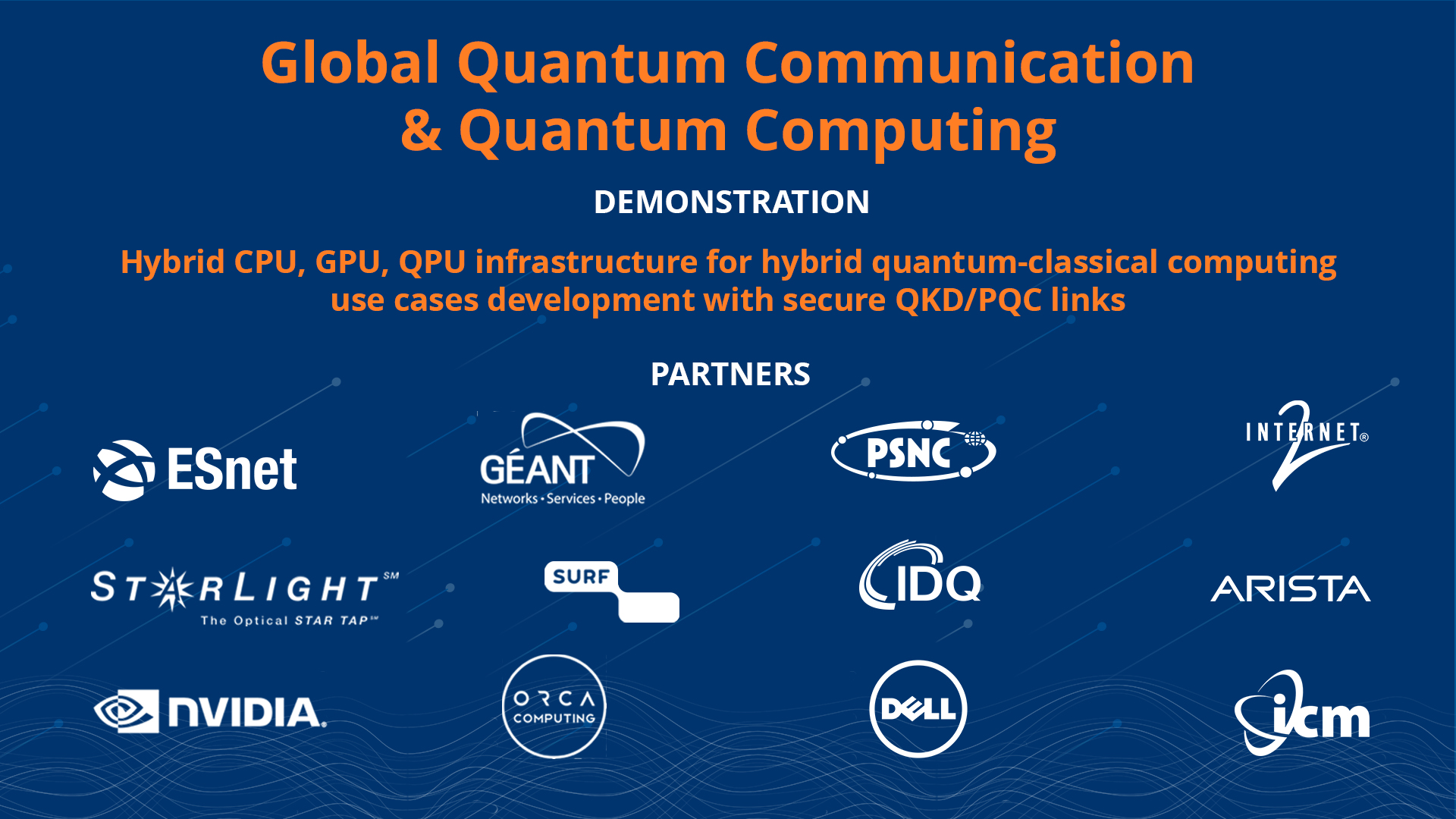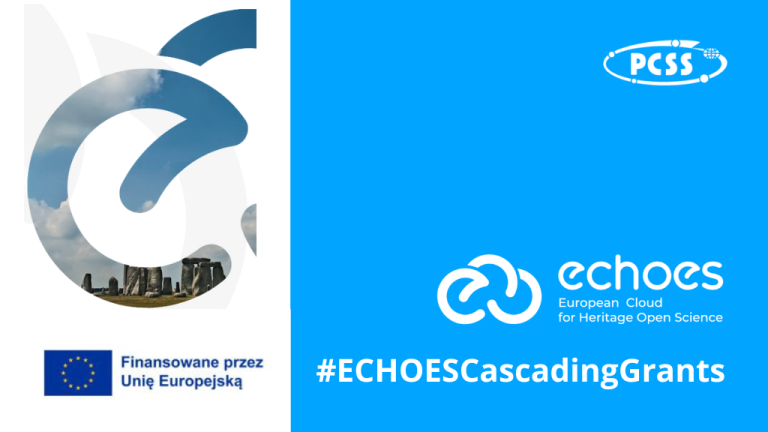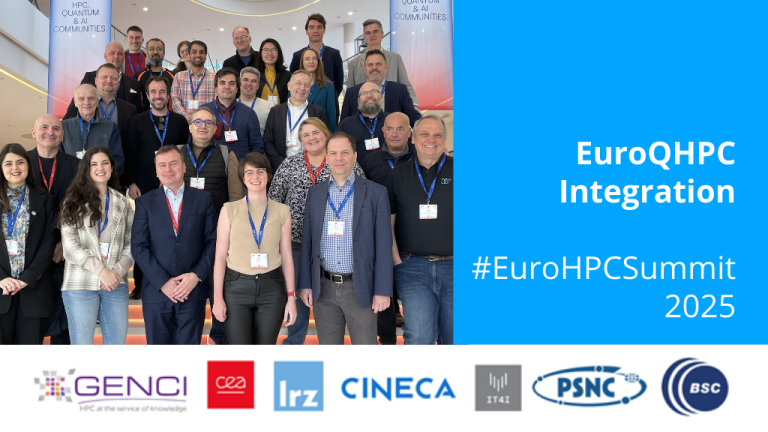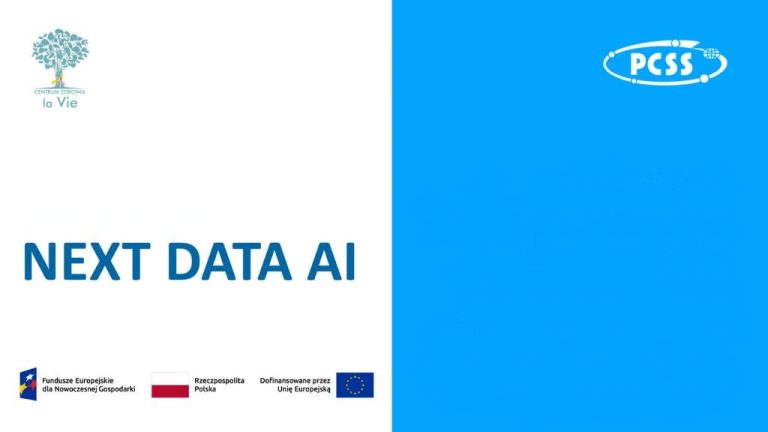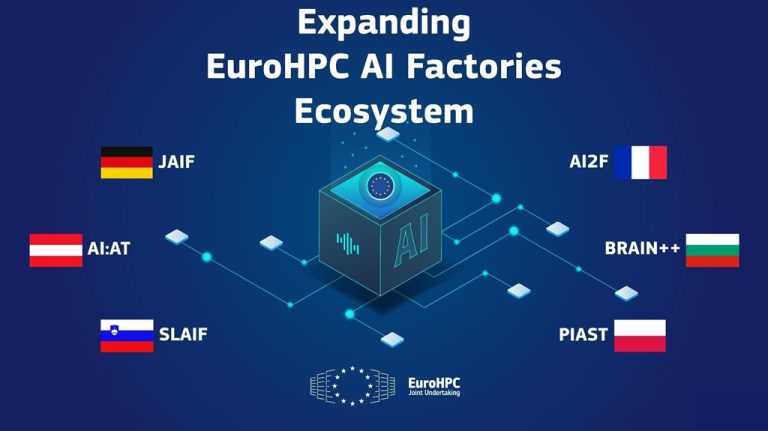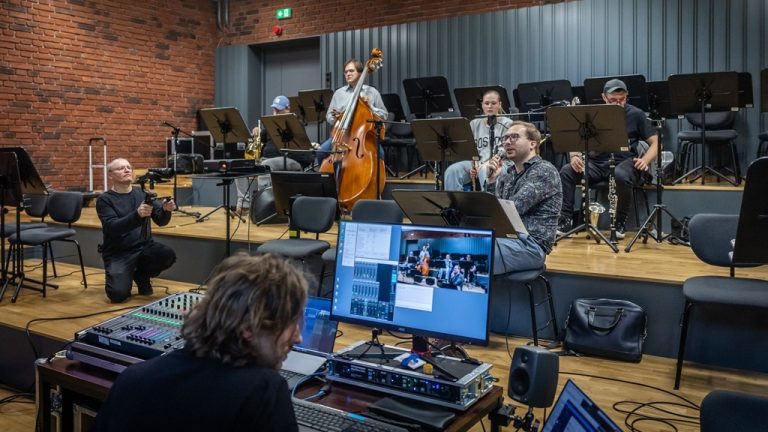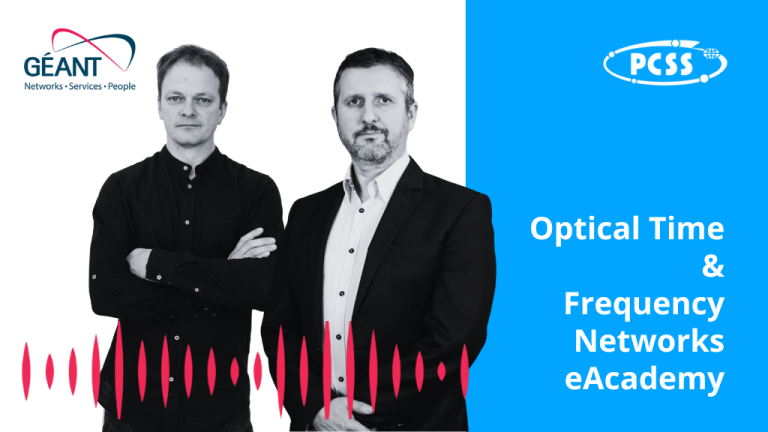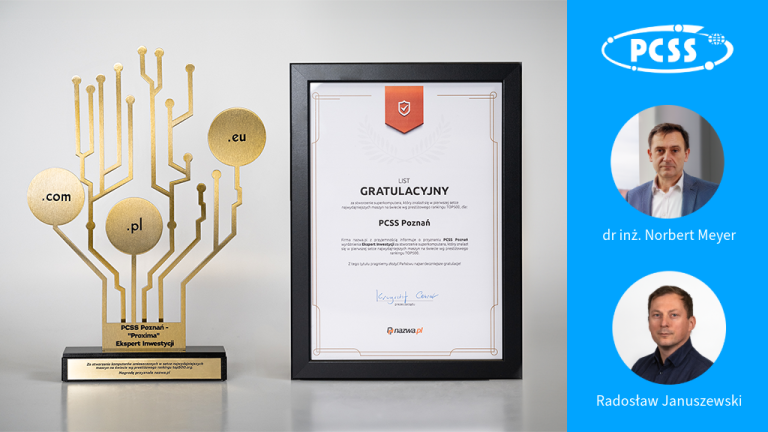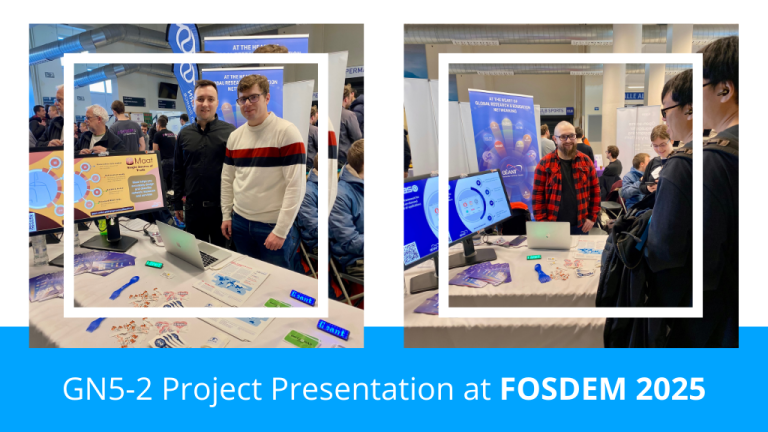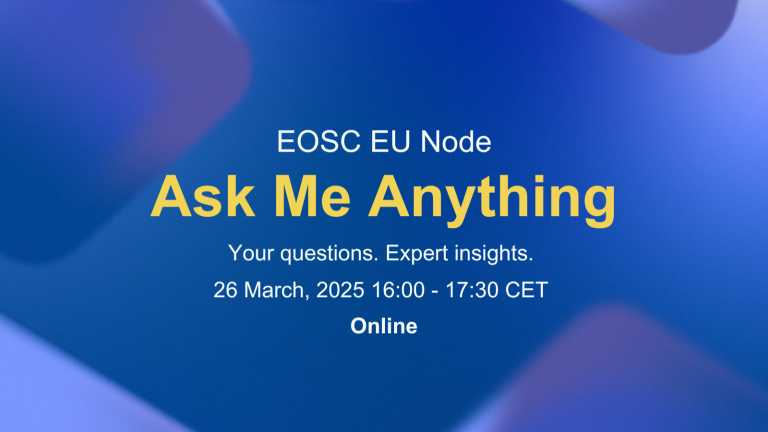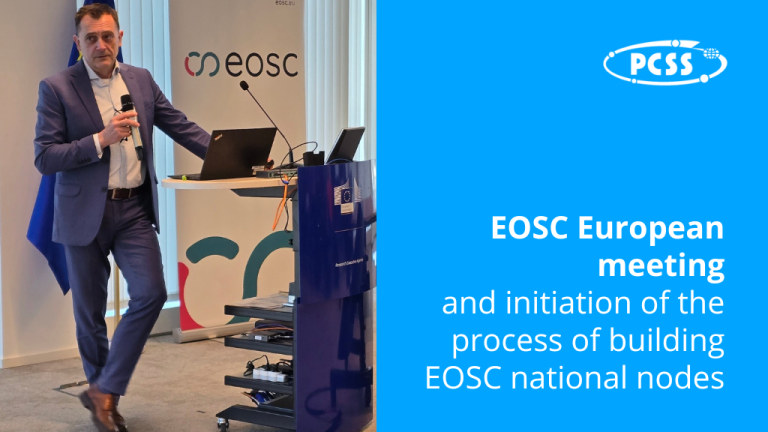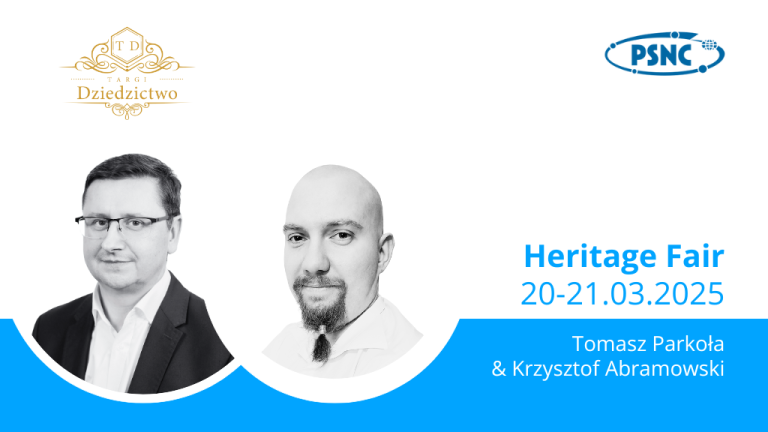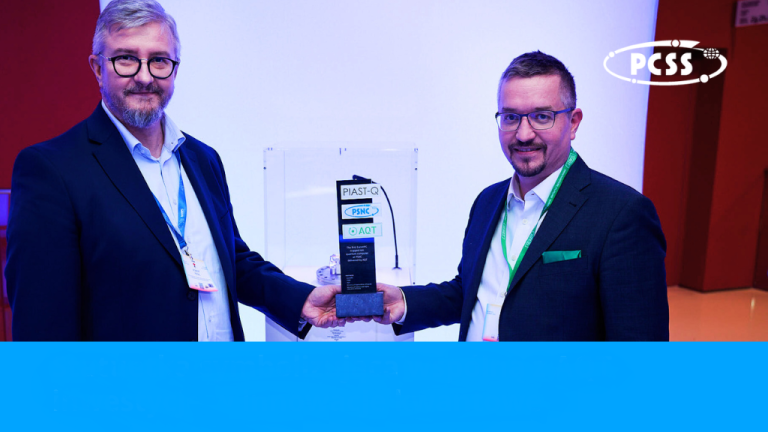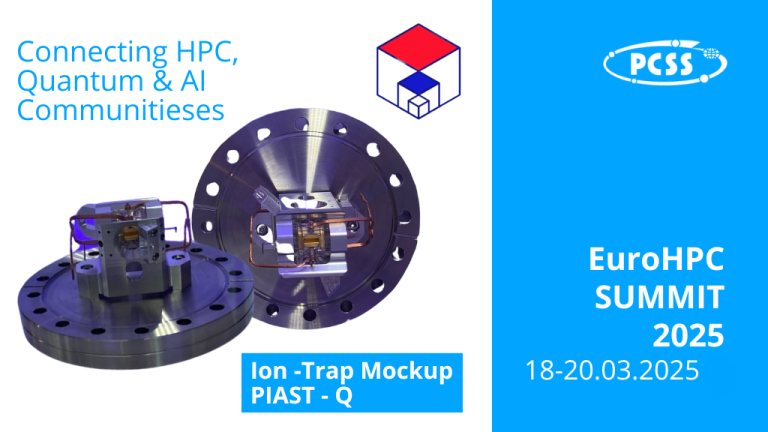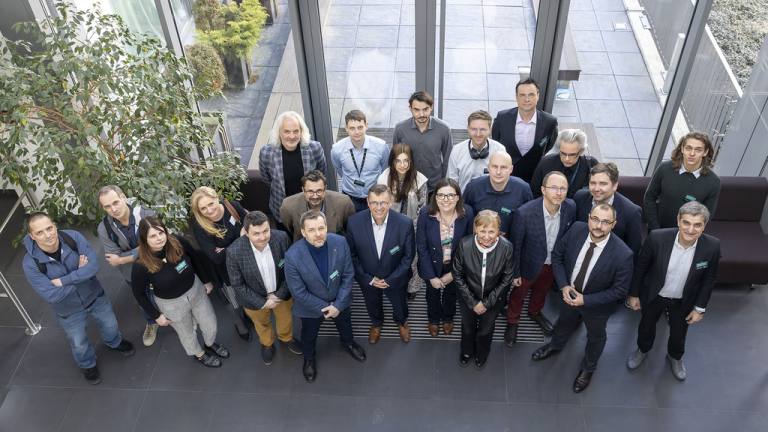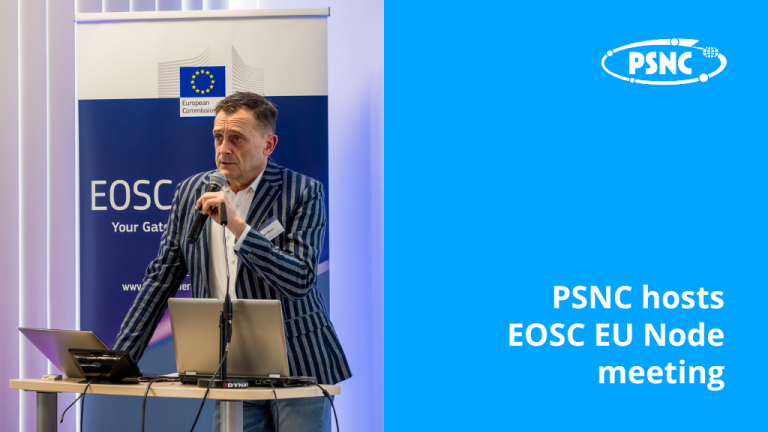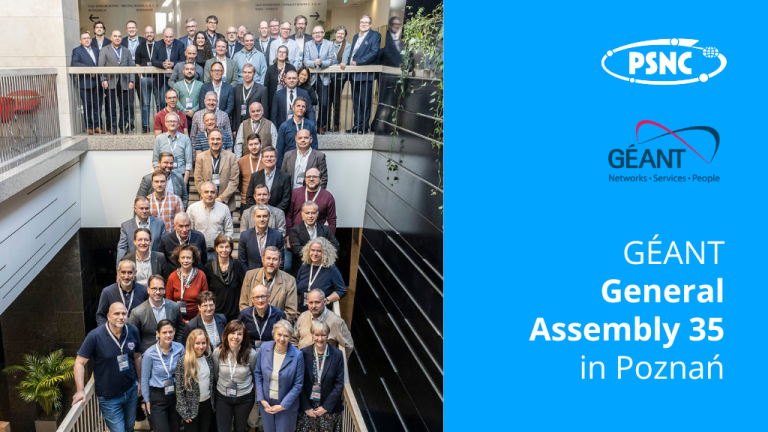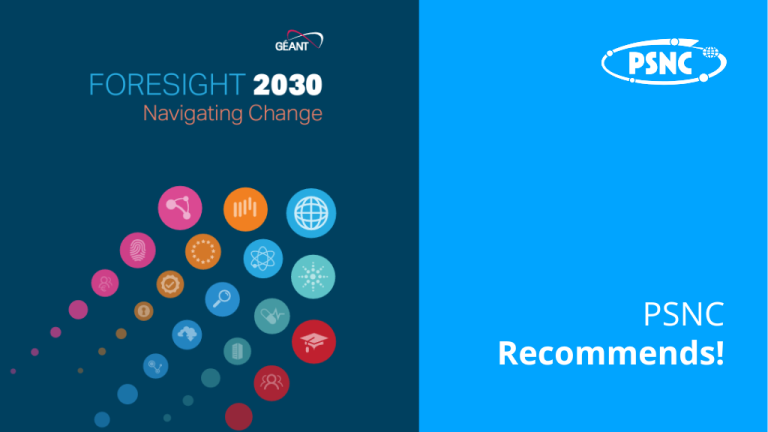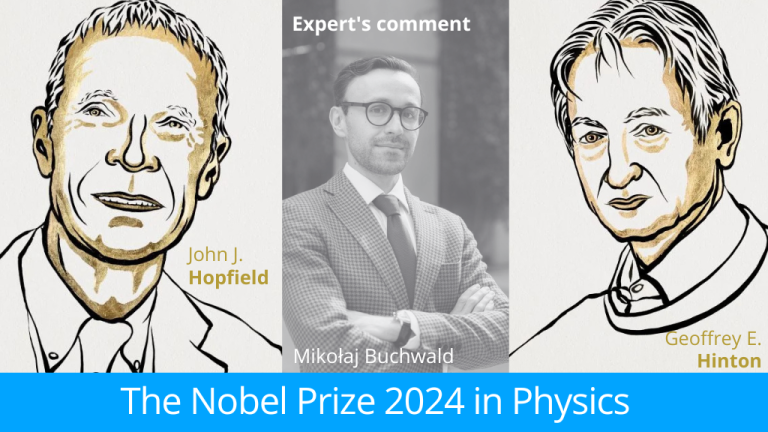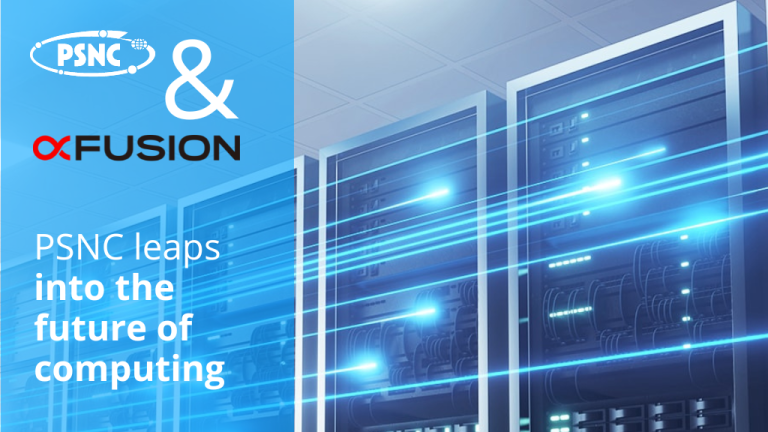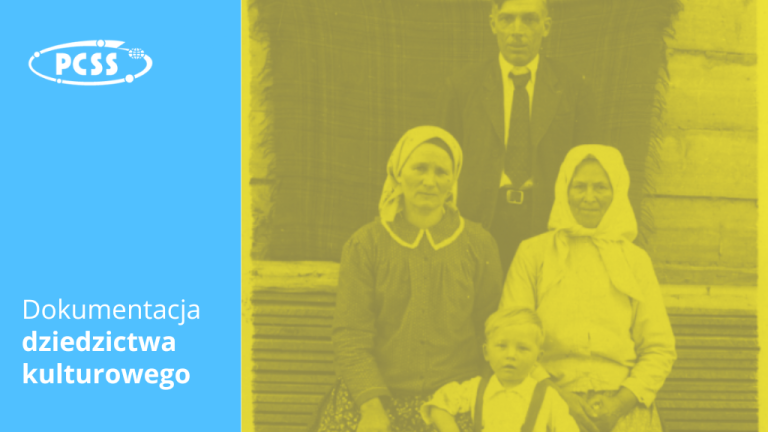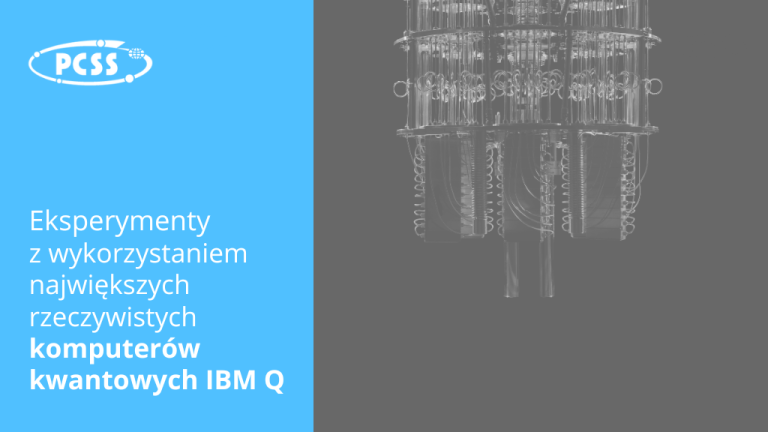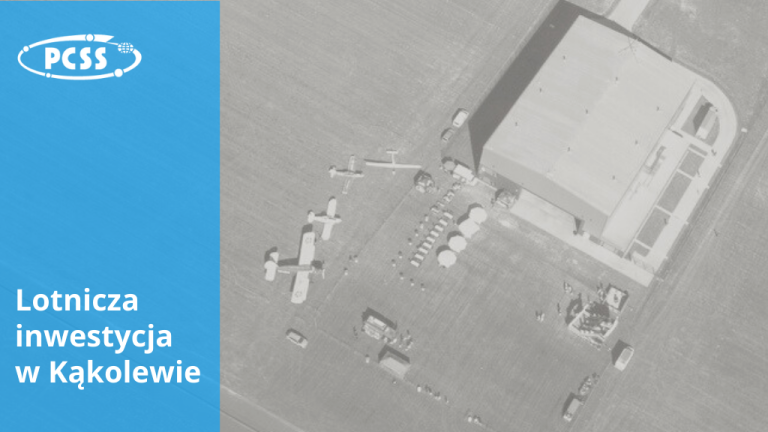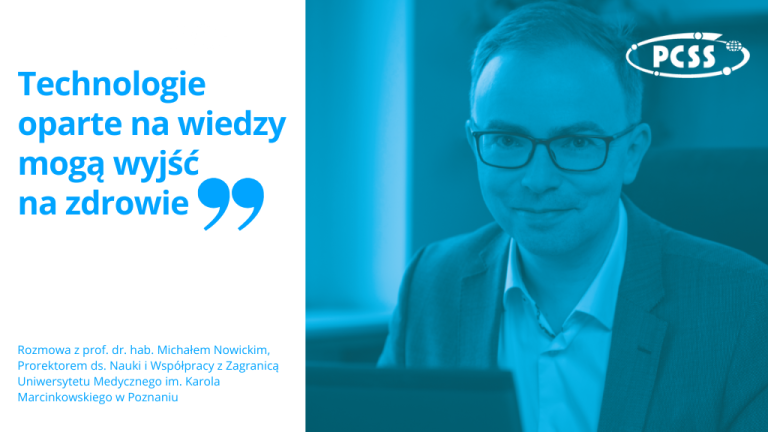Quantum computing offers huge opportunities to the research and education (R&E) community as well as to commercial enterprise. Quantum computers have the power to tackle problems far beyond the current reach of classical computing, from simulating complex protein folding and predicting meteorological phenomena to modelling financial systems.
However, quantum computers themselves are expensive, sensitive devices that have extremely limited availability, which currently reduces their effectiveness in addressing these issues. Developments in quantum computing themselves also pose a potential threat to the safety and security of the distributed data these systems are using and generating. Quantum computing potentially undermines the very nature of current encryption and authentication services that users rely upon every minute of every day.
Therefore there are three challenges facing any organisation working in the field of quantum computing:
1. How can quantum computing systems be combined with classical compute services to maximise accessibility and costs?
2. How can these hybrid systems be distributed on a global scale to enable researchers access to the latest quantum computing resources?
3. How can these distributed systems and data be protected in a post-quantum cryptography environment?
To this end, research teams from Europe (PSNC, GÉANT, SURF) and the USA (Internet2, ESnet, ICAIR/Northwestern University, StarLight) have come together to demonstrate — as a world first — how both the quantum and classical compute systems can be integrated on a world scale.
The demonstration uses two quantum-classical testbeds in PSNC, Poznan, Poland and the SC24 venue in Atlanta, USA connected over the PIONIER, GÉANT, SURF/NetherLight, NEA3R, ESnet, Internet2, NA-REX, StarLight and SCinet production networking infrastructure – showing how it is possible to use live production networks and services to support hybrid quantum computing systems.
The goal of the demonstration is to present multiple QPU+CPU+GPU hybrid quantum-classical computation integration and use cases. Quantum-classical computing testbeds located at remote ends in the PSNC office and live at SC24 will be interconnected with a high-speed dedicated link secured with PQC (Post Quantum Cryptography) and QKD (Quantum Key Distribution) encryption. The data will be transmitted over the trans-Atlantic links supported by the Advanced North Atlantic (ANA) collaboration and encrypted using hybrid PQC and QKD solutions and algorithms that were implemented under the PIONIER-Q project within EuroQCI initiative.
This setup will show how distributed hybrid quantum-classical infrastructures can operate and how, from the computing authentication and security point of view, they can be interconnected using the latest PQC and QKD technologies. PQC algorithms will ensure long-distance link encryption using classical DWDM services and encryption transponders. Locally, as a last-mile solution, the link will use QKD technology and integrated with local network data transmission such as MACSec services.
Such a distributed environment will support a number of use cases from different areas such as chemistry, biology, material science and optimization problems that can benefit from distributed hybrid quantum-classical computing infrastructure. It is widely recognized that the best current solution is to achieve the “quantum utility” stage using existing Quantum Computing infrastructure with ~100 qubit scale.
This demonstration integrates the following resources:
- ORCA PT-1 systems (provided by PSNC and ORCA computing)
- Encryptors supporting QKD and PQCs algorithms (provided by ARISTA)
- QKD devices (provided by PSNC and IDQuantique)
- Transmission services between Europe (Hamburg) and the SC24 venue in Atlanta are being provided by PSNC, GÉANT, SURF/NetherLight, ESnet, Internet2, ICAIR/
- Northwestern University, StarLight and the SCinet network at the SC24 venue.
- Interconnection with local QKD testbeds (ESnet, Internet2) to build a larger local QKD network at SC24.

